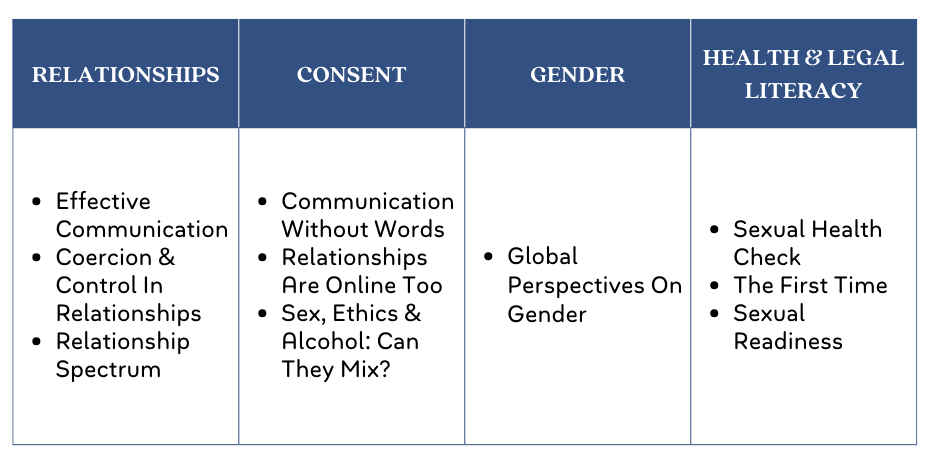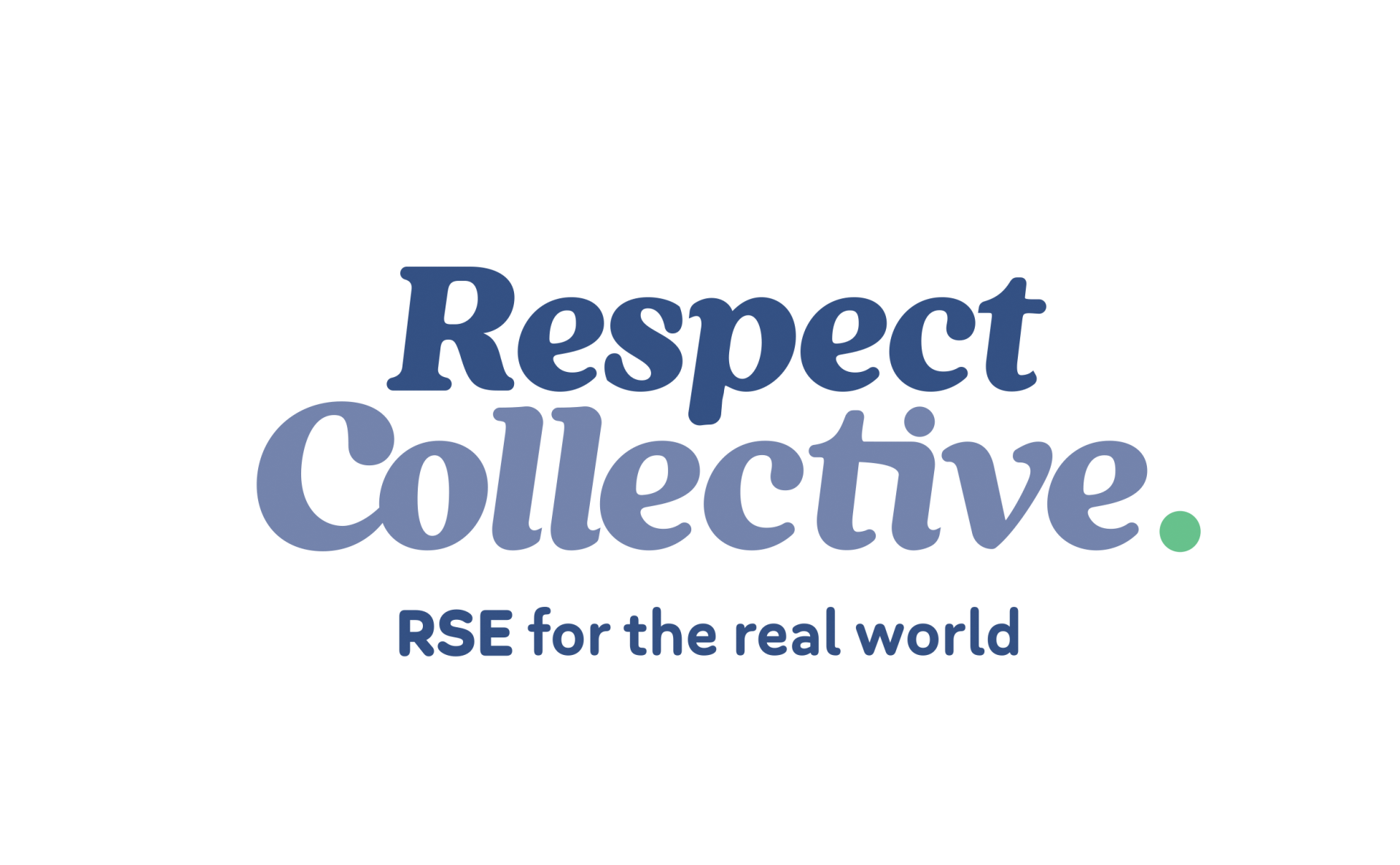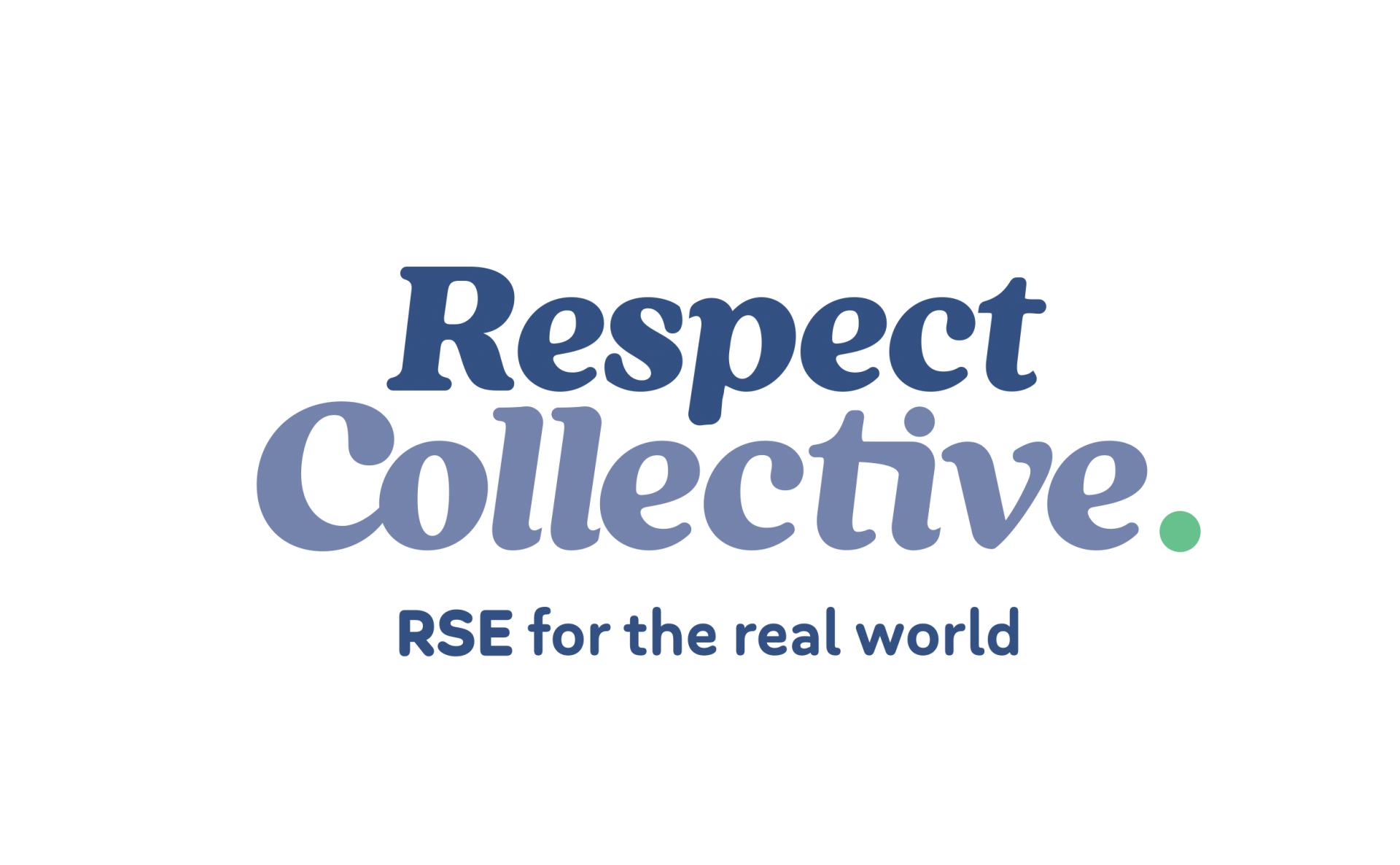In this Coercion & Control In Relationships lesson, students will learn about the concepts of coercion and control and how these behaviours can change over time to impact safety and autonomy.
The lesson starts with a short discussion about celebrity or media couples who might represent healthy or unhealthy dynamics. This othering strategy allows students to explore behaviours from a distance.
Students will work in small groups for the remainder of the lesson. They will discuss a series of attitude statements that represent healthy, unhealthy, coercive, or controlling behaviours to share knowledge and develop skills in identifying boundaries. The class will then explore scenarios in a stages process, passing the worksheets around until all groups have identified issues and strategies that are relevant.
The lesson finishes with students discussing local supports and services that the characters could use.
Each lesson ends with a consolidation activity, inviting students to list 1
thing they have learnt from the lesson, 1 thing they already knew, 1 piece of
advice they would share with a friend, and 1 adult or organisation that would
be helpful in relation to the lesson topic.
This lesson is based on the work of
The Alice Ruggles Trust Relationship Safety Resource.


